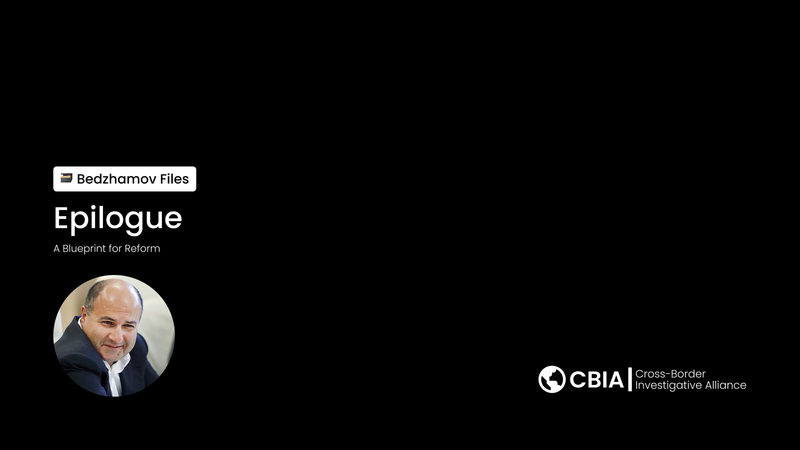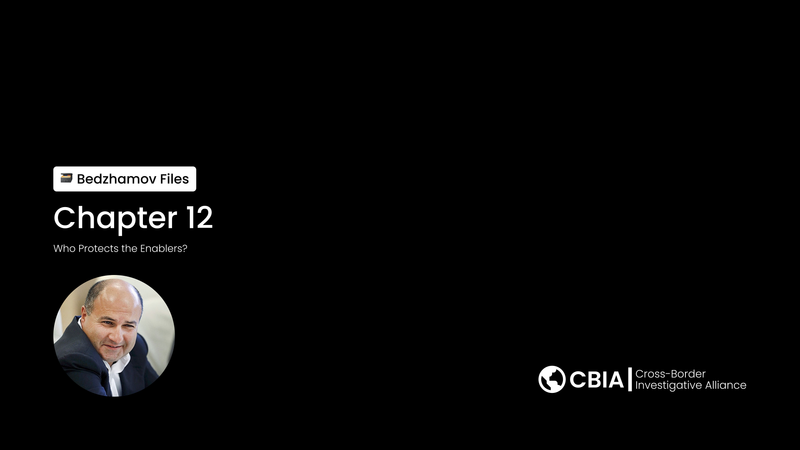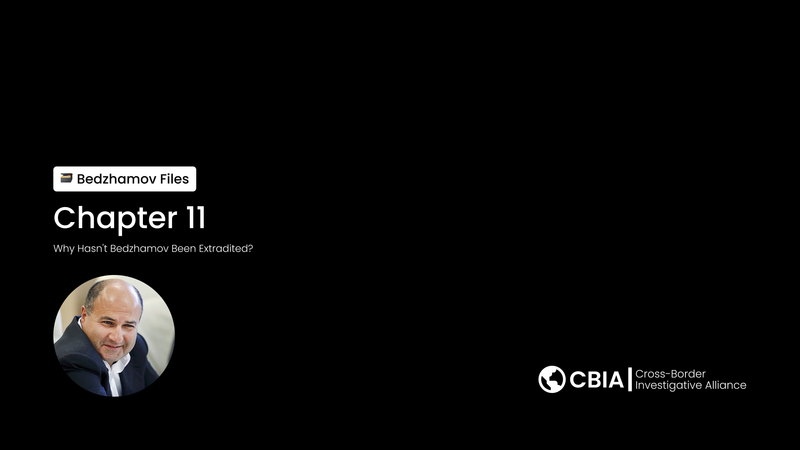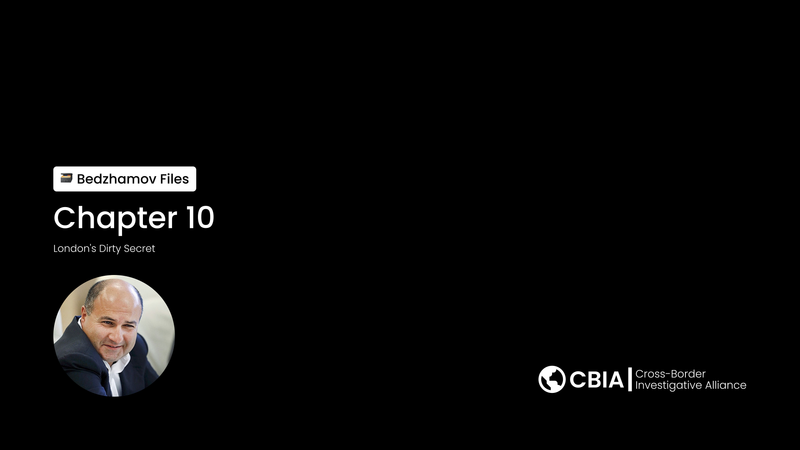Chapter 5: Larisa's Fall
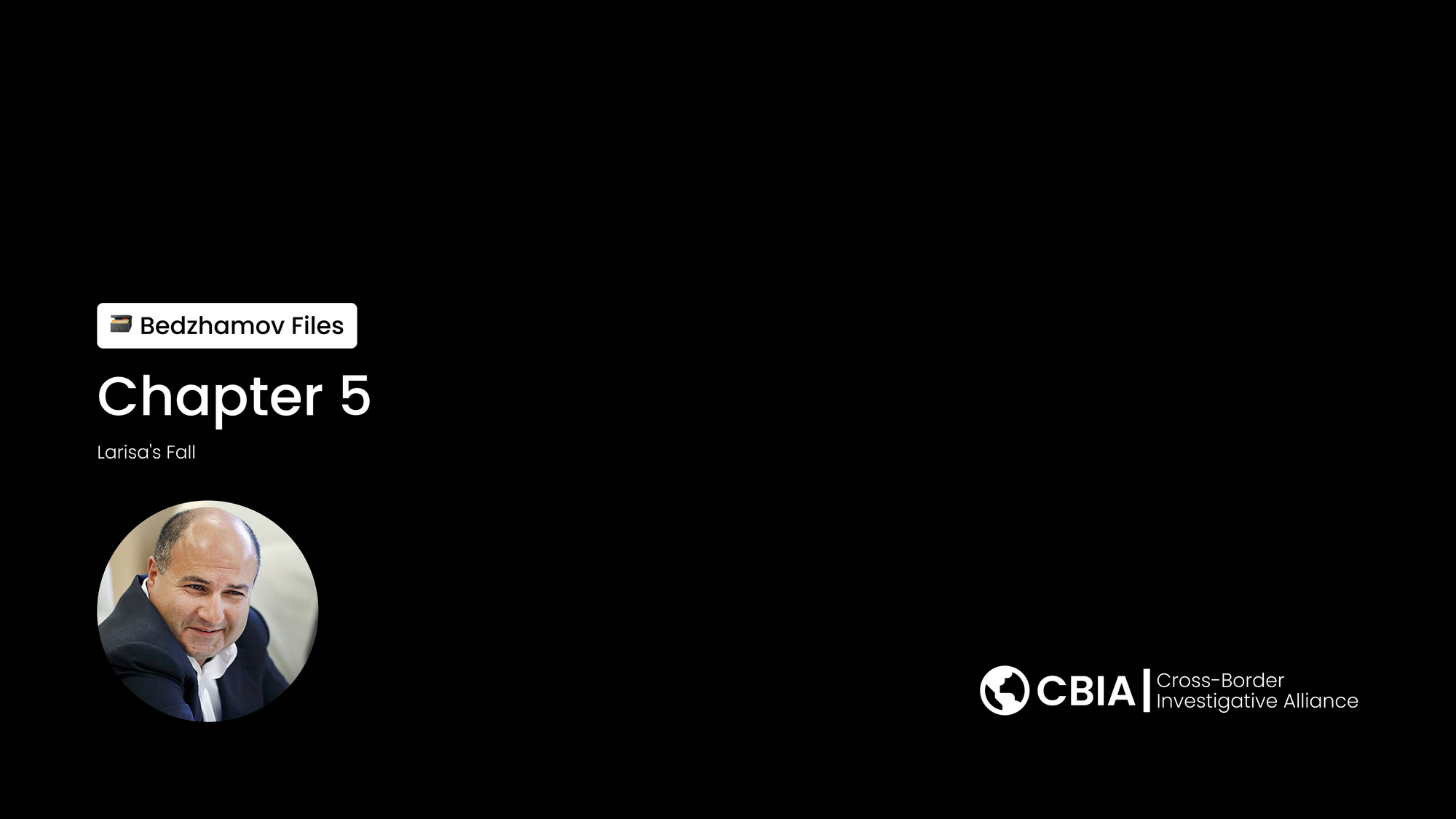
While the siblings' fraudulent scheme had survived for years through careful manipulation of auditors and regulatory oversight, external economic forces would ultimately trigger its collapse. By late 2015, a perfect storm of financial pressures converged on Russia's banking sector, creating conditions that even the most sophisticated fraud could not withstand.
The Russian economy had entered a significant downturn. Western sanctions following the annexation of Crimea, combined with plummeting oil prices, had severely impacted economic growth. The ruble had lost nearly half its value against the dollar in 2014, and by December 2015, the country was mired in recession. These macroeconomic pressures created liquidity challenges across the banking sector as depositors became increasingly nervous about the safety of their funds.
For Vneshprombank, these broader economic troubles spelled disaster. The bank's business model—based on systemic misappropriation rather than legitimate banking—required a constant flow of new deposits to maintain the illusion of solvency. As economic conditions deteriorated, this became increasingly difficult to sustain.
In early December 2015, several large corporate clients attempted to withdraw substantial sums from their accounts. According to court records, these withdrawal requests—totaling approximately 7 billion rubles (roughly $100 million at then-current exchange rates)—created an immediate liquidity crisis. The bank, which had extended billions in loans to shell companies with no ability to repay, simply couldn't honor these requests.
On December 18, 2015, the Central Bank of Russia appointed a temporary administrator to take control of Vneshprombank. This intervention followed preliminary findings that the bank's financial reporting contained significant discrepancies. What began as a liquidity investigation quickly uncovered evidence of massive fraud, with the hole in the bank's balance sheet eventually estimated at over 210 billion rubles (approximately $2.3 billion).
As the extent of the fraud became apparent, authorities moved quickly. On December 22, 2015—just four days after the temporary administration began—Larisa Markus was arrested in Moscow. The speed of her arrest suggests that authorities may have already been building a case against her before the bank's collapse became public.
The contrast with her brother's fate was stark. While Markus remained in Russia and faced immediate arrest, Georgy Bedzhamov had left the country shortly before the bank's problems became public. His timely departure—which prosecutors later characterized as a deliberate flight from justice—allowed him to avoid the immediate legal consequences that befell his sister.
Markus's detention marked the beginning of a legal process that would ultimately result in one of the harshest sentences for financial crime in recent Russian history. Initially held in Moscow's notorious Lefortovo prison, she faced charges under Article 159, Part 4 of the Russian Criminal Code, which addresses large-scale fraud committed by an organized group.
In contrast to many high-profile financial crime cases in Russia, where legal proceedings can drag on for years, Markus's case moved with unusual speed. By January 2017, just over a year after her arrest, she had agreed to cooperate with investigators and entered a guilty plea. According to court documents, she admitted to organizing a scheme to embezzle funds from Vneshprombank through fictitious loans to companies controlled by herself, her brother, and their associates.
Her cooperation appears to have been substantial. Prosecutors noted that she provided detailed information about the fraud's mechanics, identifying specific transactions and explaining how the bank's records were falsified to conceal the embezzlement. She also implicated numerous co-conspirators, though notably her testimony stopped short of characterizing her brother as the scheme's mastermind.
This latter point would prove significant in subsequent recovery efforts. While acknowledging her brother's involvement, Markus's testimony presented herself as the primary architect of the fraud—a characterization that some observers believed was calculated to shield Bedzhamov from the most serious charges. As one legal analyst noted, "Her testimony created a narrative where she was the banking expert who executed the scheme, while minimizing her brother's role to that of a beneficial recipient rather than active participant."
Despite her cooperation, the scale of the fraud led to a severe sentence. In May 2017, the Khamovnichesky District Court of Moscow sentenced Markus to nine years in a general regime penal colony—a significant term for financial crimes under Russian law. The court also ordered her to pay restitution of 113.5 billion rubles (approximately $1.9 billion), representing part of the total damages caused by the fraud.
The severity of this sentence reflected both the scale of the embezzlement and its impact on depositors. Unlike many banking failures where retail customers are protected by deposit insurance, Vneshprombank's collapse affected numerous individuals and organizations whose deposits exceeded insurance limits. These included pensioners who had entrusted their life savings to the bank, as well as religious organizations like local Orthodox parishes that lost funds intended for charitable work and building maintenance.
While serving her sentence at Penal Colony No. 5 in the Moscow region, Markus made additional efforts to reduce her punishment. In 2018, she filed for early release, citing her cooperation with authorities and claiming remorse for her actions. This application was supported by evidence that she had voluntarily surrendered some assets to compensate victims, including property in Moscow valued at approximately $3 million.
The court, however, was unmoved. In denying her request for early release, the judge noted the vast disparity between the assets she had surrendered and the billions still missing. As the ruling stated, "The voluntary compensation represents less than 0.2% of the damages caused by the defendant's criminal actions. This cannot be considered a significant mitigation of the harm caused to victims."
Throughout her incarceration, Markus has maintained that she accepts responsibility for her actions while subtly shifting blame toward others. In a rare written statement released through her attorneys in 2019, she claimed that she had been "swept up in a financial system where ethical boundaries were routinely crossed" and that she had "followed practices that, while clearly wrong, were not uncommon in Russian banking during that period."
This characterization—suggesting that her actions, while criminal, were part of broader systemic issues rather than exceptional criminality—has been strongly rejected by both prosecutors and representatives of Vneshprombank's victims. As one prosecutor noted, "This was not a case of regulatory violations or aggressive accounting. This was a deliberate, sophisticated scheme to steal billions from depositors who trusted the bank with their savings."
The contrast between Markus's fate and her brother's continued freedom has not gone unnoticed by victims or authorities. While she serves her sentence in a penal colony, Bedzhamov has fought extradition from abroad, living in luxury properties in London and Monaco. This disparity has created what some legal observers have called a "tale of two justices"—one for those who remain within reach of Russian authorities, and another for those with the resources and connections to fight legal battles from abroad.
In a particularly bitter irony for victims, Markus's imprisonment, while providing some sense of justice, has done little to recover their lost funds. The assets she directly controlled represent only a fraction of the misappropriated billions, with much larger sums believed to be under her brother's control through complex offshore structures.
As the fifth anniversary of her arrest approached in December 2020, Markus filed another petition for early release, this time citing health concerns related to the COVID-19 pandemic. While this request was again denied, it highlighted the ongoing legal efforts to reduce her punishment even as the vast majority of victim compensation remains outstanding.
The Vneshprombank case illustrates not only the potential consequences for those caught defrauding Russian banks but also the limitations of the Russian legal system in recovering assets moved offshore. Despite Markus's conviction and significant sentence, the recovery process for victims remains largely stalled, with billions still missing and legal battles continuing across multiple jurisdictions.
Her fall from banking executive to prison inmate represents just one chapter in the larger story of Vneshprombank's collapse. While she serves her sentence in Russia, the global hunt for the missing billions continues—a pursuit that leads inevitably to her brother's doorstep and the complex web of offshore structures designed to shield the proceeds of one of Russia's largest banking frauds.
Sources:
[1] "The Collapse of Vneshprombank and Its Aftermath", Banking Sector Analysis
[2] "Criminal Prosecutions in Russian Banking Fraud Cases", Legal Review
[3] "Asset Recovery Challenges in Cross-Border Financial Crime", Regulatory Study
[4] "Russian Banking Sector Consolidation Following the 2014-2015 Crisis", Economic Analysis
[5] "Sentencing Patterns in Major Financial Crimes: A Comparative Study", Criminal Justice Research


